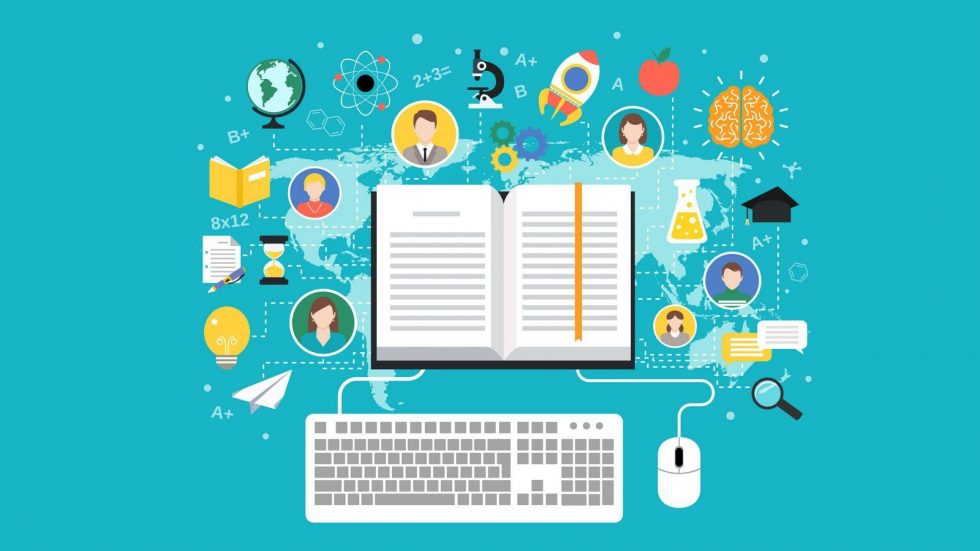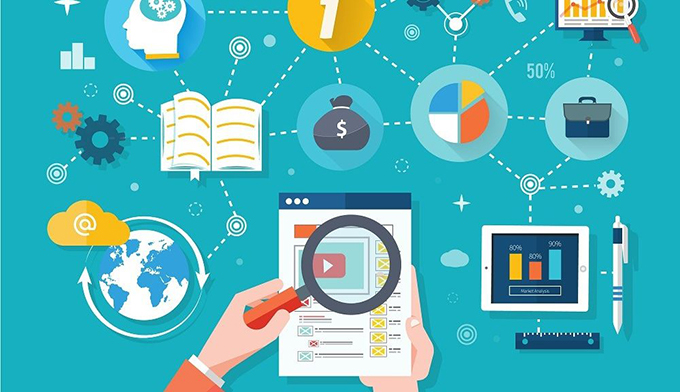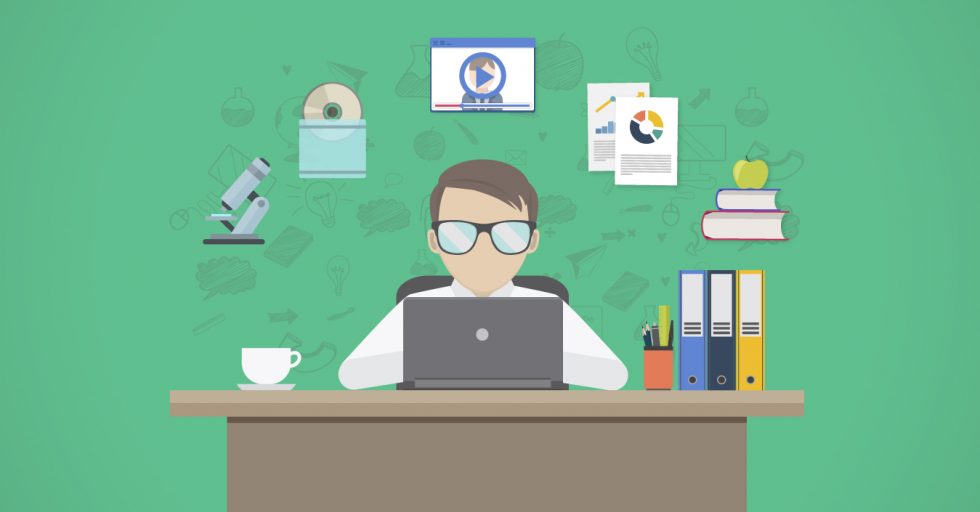An Introduction to Open Educational Resources
What are Open Educational Resources? Well, Open Educational Resources or OER refers to the openly licensed, openly formatted and freely accessible documents & media functional for learning, teaching, assessment, education & research purposes. The term OER emerged with the beginning of the new millennium and according to the educational experts worldwide, Open Educational Resources do have the very potential to alter the entire scene of education worldwide. The article here presents a short account on Open Educational Resources.
The Concept & History Of OER

Open Educational resources refer to the concept of educators, lecturers and teachers making their educational and teaching materials available freely for others. OER, the very term, was 1st used by UNESCO (United Nations Educational, Scientific & Cultural Organization) & refers to the web-based materials that are offered openly & freely for use & re-use in learning, research & teaching. The OER concept achieved huge support from different foundations and universities such as William & Flora Hewlett Foundation, Shuttleworth Foundation, HEFCE, JISC etc. It’s to stress here that William & Flora Hewlett Foundation was the chief financial supporter for OER in its initial years. UNESCO champions Open Educational Resources as one of the most viable mediums of promoting equity, access & quality in worldwide education abiding to the UDHR (Universal Declaration of Human Rights) spirit.
Types Of OER

Open Educational Resources include different courses, content modules, course materials, collections, journals and learning objects. Added to these, OER also includes a number of tools to help in delivering the educational contents like software systems which support creation, delivery, improvement & use of the learning contents, organization & searching of the contents , learning & content management systems, internet learning communities and content development equipments.
OER Licenses

It’s to stress here that the OER contents are entwined with the intellectual property concerns since most of the educational content here is guarded by copyright terms which must be honored by the users to prevent possible misuse of the resources. CC (Creative Commons) and GFDL have provided for OER licenses for the institutions and individuals to apply while releasing their educational resources over the web. It’s important to state here that these licenses state clearly about the restrictions to be followed regarding the use & re-use of these educational materials.
